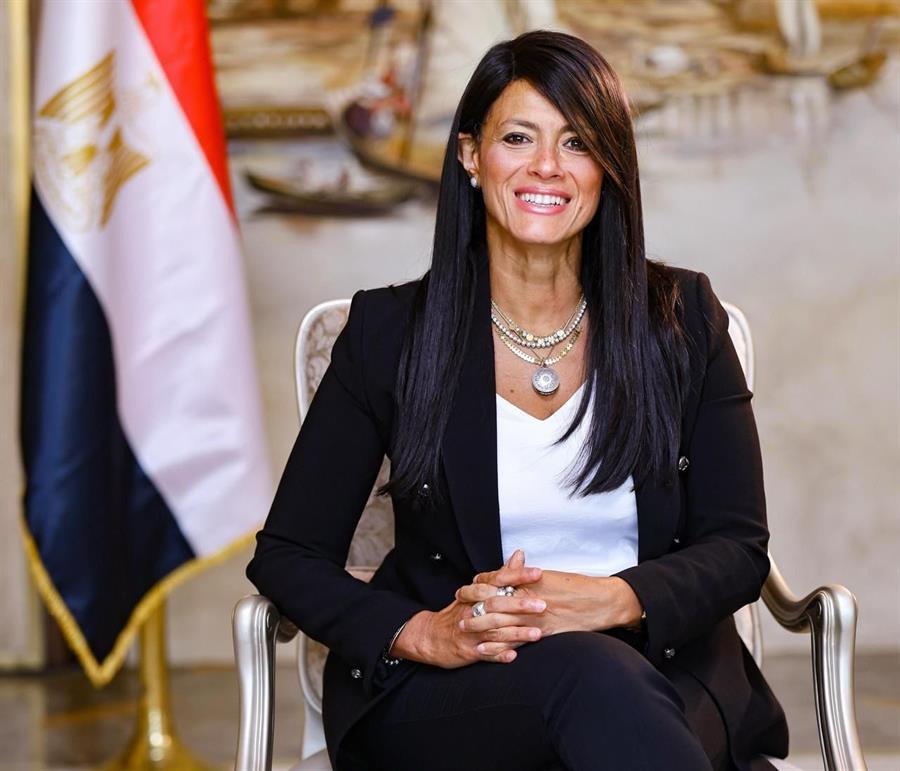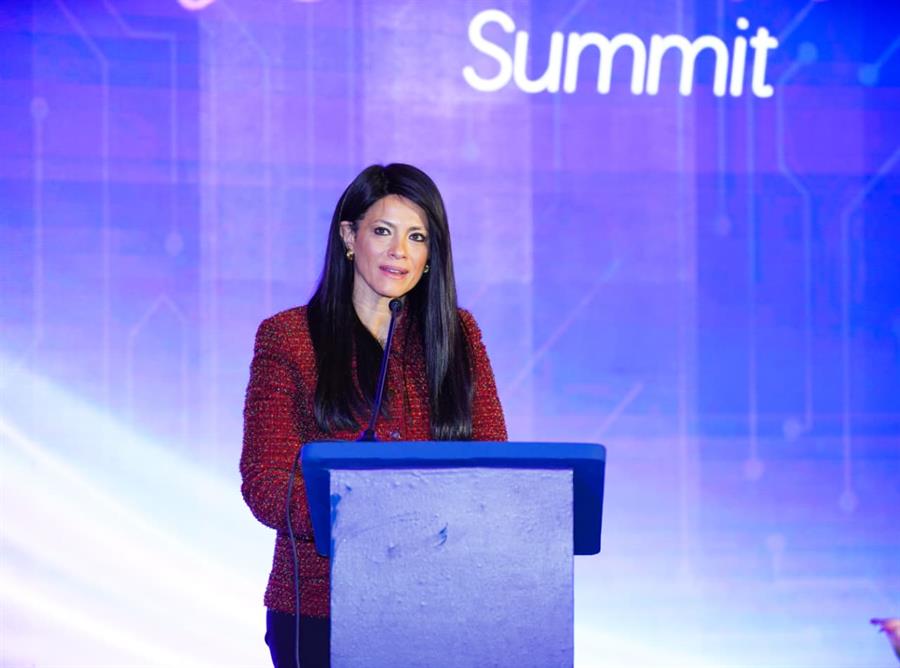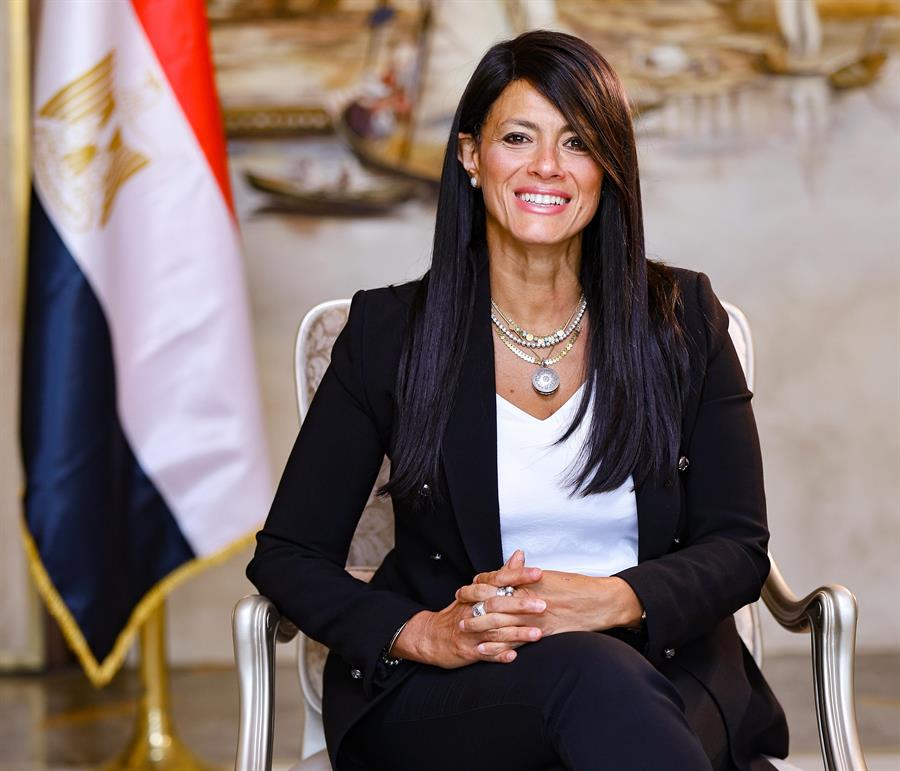Egypt Award for Gov't Excellence holds a workshop for the leaders of Assiut Governorate

11 February 2022
The Egypt Award for Gov't Excellence held a two-day workshop for Assiut Governorate leaders, heads of city councils, directors of directorates, and technology centers, at the governorate’s general office, in preparation for participating in the award’s next session.
The workshop comes within the framework of the Egypt Award for Gov't Excellence’s keenness to spread the culture of excellence and institutional development, make a qualitative leap in institutional performance, and consolidate the principles and values of excellence in the state’s sectors during its journey towards government excellence.
Eng. Khaled Mostafa, Permanent Undersecretary of the Ministry of Planning and Economic Development and General Supervisor of the Egypt Award for Gov't Excellence, explained that after the end of its second session, the award worked to build strong bridges between it and the sectors of the state’s administrative apparatus by holding a series of awareness seminars and workshops.
During the workshop, Dr. Abdel Hakim Radwan, the award’s training and evaluation consultant reviewed the dimensions and axes of Egypt’s Vision 2030, which are consistent with the award’s vision, mission, and objectives.
Radwan referred to the different categories of the award and the stages of its implementation, in addition to highlighting the 100% electronic transformation witnessed in the second cycle for all applications and evaluation processes, which contributed significantly to reducing the percentage of exclusions to 14% instead of 39% in the first cycle.
On the achievements of the second session; Radwan explained that it included 19 categories, for which more than 2,000 applications were submitted, while 4 new categories were created, including the best government employee, the best work team, the best health office, and the best catering office.
He reviewed the stages of the evaluation process and the evidence of criteria for the Distinguished Unit Award in the provision of government services.









